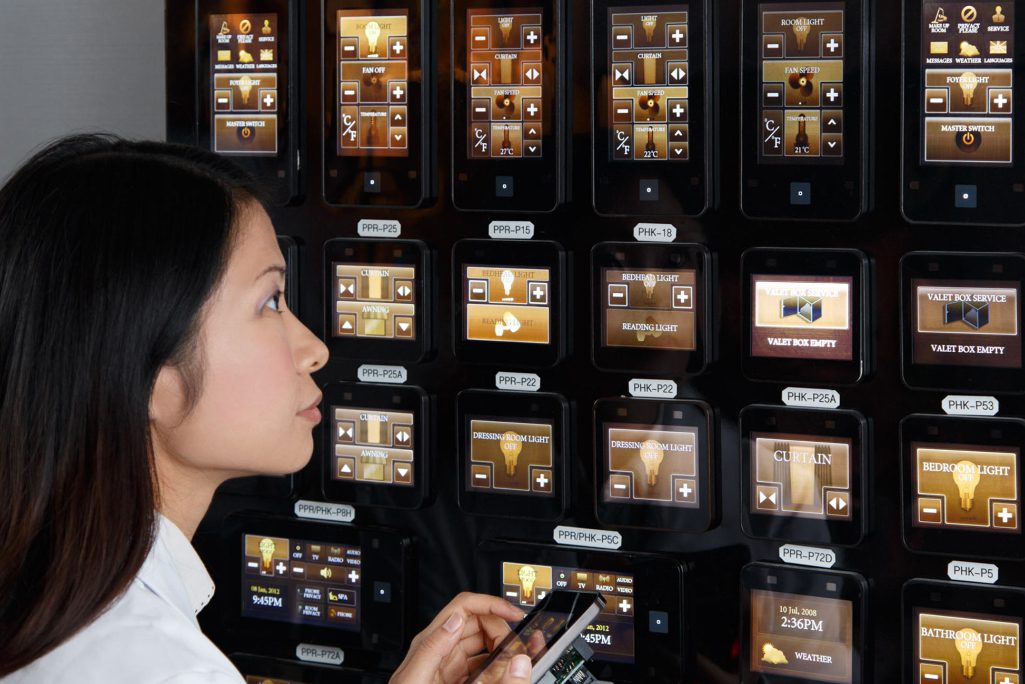Hotels See Automation as a Stopgap When They Can't Afford Full Staffs

Skift Take
Most hoteliers are still practicing triage, trying to stanch the flow of losses. But investing in automation and contactless tech can help boost operational efficiency, say executives at hotel groups such as Accor, Hilton, and Mandarin Oriental.
Most hotel chiefs remain focused on managing a cash crunch as their top priority. But some hoteliers look at technology investment as crucial to strengthening their operations despite a plunge in revenue. Several hotel companies are investing in automation to make operations more efficient and comply with pandemic safety protocols.
Hoteliers have been painting two different pictures of how technology trends might affect their sector.
In one vision, the largest and best-funded players will consolidate the sector, and their tech-savviness will be a key factor propelling their momentum. A case in point: Executives at Wyndham have said they expect to add many new properties in the next year. Wyndham says its tech skills, such as a new app, add to its appeal.
Yet there's an alternate vision of the future, too. It sees technology vendors democratizing software and gadgetry that only large companies had before.
That trend in democratizing tech could help smaller hotel groups such as Mandarin Oriental and Peninsula Hotels weather the downturn better than first expected as compared to the giants.
"We're just launching our digital workplace, which will help connect our 13,000 colleagues around the world and give them a voice," said Monika Nerger, global chief information officer for Mandarin Oriental, during an a recent webinar. "It's a central digital workplace. It's where you start your day. It's where you get all your information in the language that you prefer to communicate in. You can chat with colleagues via mobile, and you can stay on top of all the changes that seem to be happening overnig

